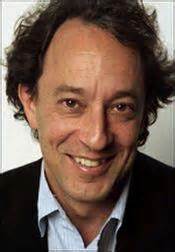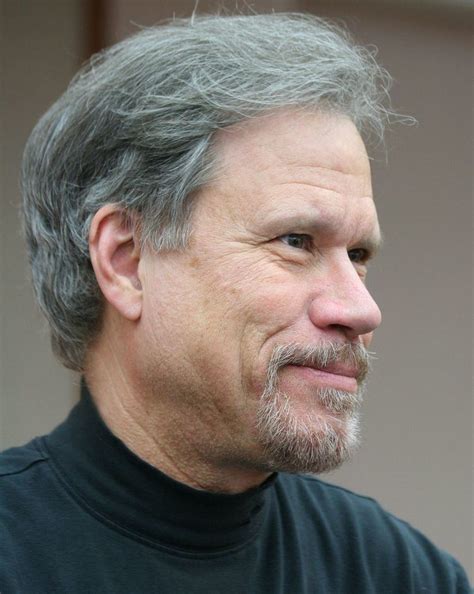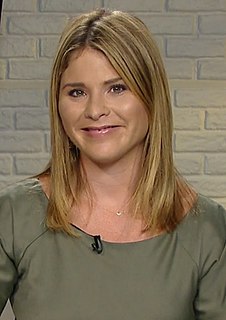A Quote by Michael Kimmelman
All writers, all storytellers, are imposing their own narrative on something.
Related Quotes
I'm obsessed with this idea of storytellers and people who have a narrative, and sometimes sustain a relationship because they're telling a narrative and someone is listening to that. Often the nature of the relationship is determined by how well they tell the story, or someone else's ability to suspend disbelief, or infuse into their narrative something which they may not even be aware of.
I feel that there are two kinds of writers. I feel that there are writers who are storytellers and then there are those just working out their obsessions. I think I'm a combination. I think, at least for these books, I'm going with fear. I've always been interested in fear. Fear is something I've dealt with in life, and I think it's the main motivating factor of everything, almost. From sex to politics.
Why has mankind had such a craving to be imposed upon? Why this lust after imposing creeds, imposing deeds, imposing buildings, imposing language, imposing works of art? The thing becomes an imposition and a weariness at last. Give us things that are alive and flexible, which won't last too long and become an obstruction and a weariness. Even Michelangelo becomes at last a lump and a burden and a bore. It is so hard to see past him.



































